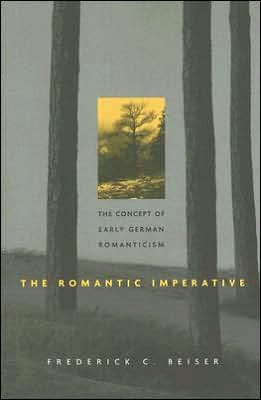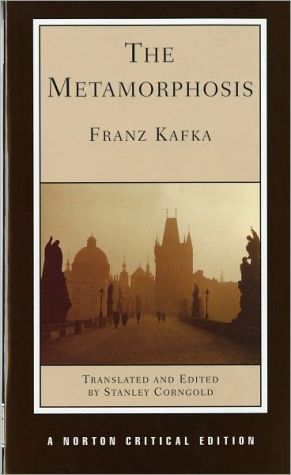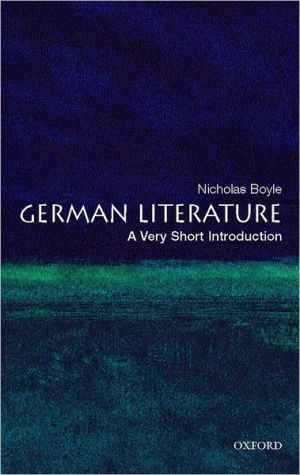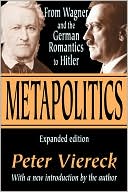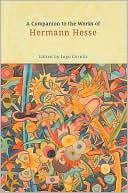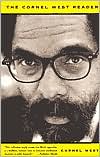The Romantic Imperative: The Concept of Early German Romanticism
The Early Romantics met resistance from artists and academics alike in part because they defied the conventional wisdom that philosophy and the arts must be kept separate. Indeed, as the literary component of Romanticism has been studied and celebrated in recent years, its philosophical aspect has receded from view. This book, by one of the most respected scholars of the Romantic era, offers an explanation of Romanticism that not only restores but enhances understanding of the movement's...
Search in google:
The Early Romantics met resistance from artists and academics alike in part because they defied the conventional wisdom that philosophy and the arts must be kept separate. Indeed, as the literary component of Romanticism has been studied and celebrated in recent years, its philosophical aspect has receded from view. This book, by one of the most respected scholars of the Romantic era, offers an explanation of Romanticism that not only restores but enhances understanding of the movement's origins, development, aims, and accomplishments—and of its continuing relevance.Poetry is in fact the general ideal of the Romantics, Frederick Beiser tells us, but only if poetry is understood not just narrowly as poems but more broadly as things made by humans. Seen in this way, poetry becomes a revolutionary ideal that demanded—and still demands—that we transform not only literature and criticism but all the arts and sciences, that we break down the barriers between art and life, so that the world itself becomes "romanticized." Romanticism, in the view Beiser opens to us, does not conform to the contemporary division of labor in our universities and colleges; it requires a multifaceted approach of just the sort outlined in this book.Joe K. Fugate - German Studies ReviewThe author writes clearly and lucidly, arguing forcefully and convincingly on the basis of sovereign knowledge of the material. [A] most excellent volume.
PrefaceIntroduction: Romanticism Now and Then11The Meaning of "Romantic Poetry"62Early German Romanticism: A Characteristic233Early Romanticism and the Aufklarung434Fruhromantik and the Platonic Tradition565The Sovereignty of Art736The Concept of Bildung in Early German Romanticism887Friedrich Schlegel: The Mysterious Romantic1068The Paradox of Romantic Metaphysics1319Kant and the Naturphilosophen15310Religion and Politics in Fruhromantik171Abbreviations189Notes191Bibliography225Index241
\ European History QuarterlyThe historically-minded philosopher Frederick Beiser has established himself as one of the clearest and most insightful interpreters of German thought in the age of idealist philosophy and romanticism. His latest contribution to the field reinforces that reputation and will certainly influence future debates about the nature and implications of German romanticism in its early years around 1800...Ultimately, Beiser's new book will be useful for those wanting a quick introduction to the early German romantics and to the scholarly literature about them. Above all, it should help to get literary critics, philosophers and historians talking to one another about an expanded range of issues fundamental to the study and legacy of early German romanticism.\ — Brian Vick\ \ \ \ \ \ German Studies ReviewThe author writes clearly and lucidly, arguing forcefully and convincingly on the basis of sovereign knowledge of the material. [A] most excellent volume.\ — Joe K. Fugate\ \ \
